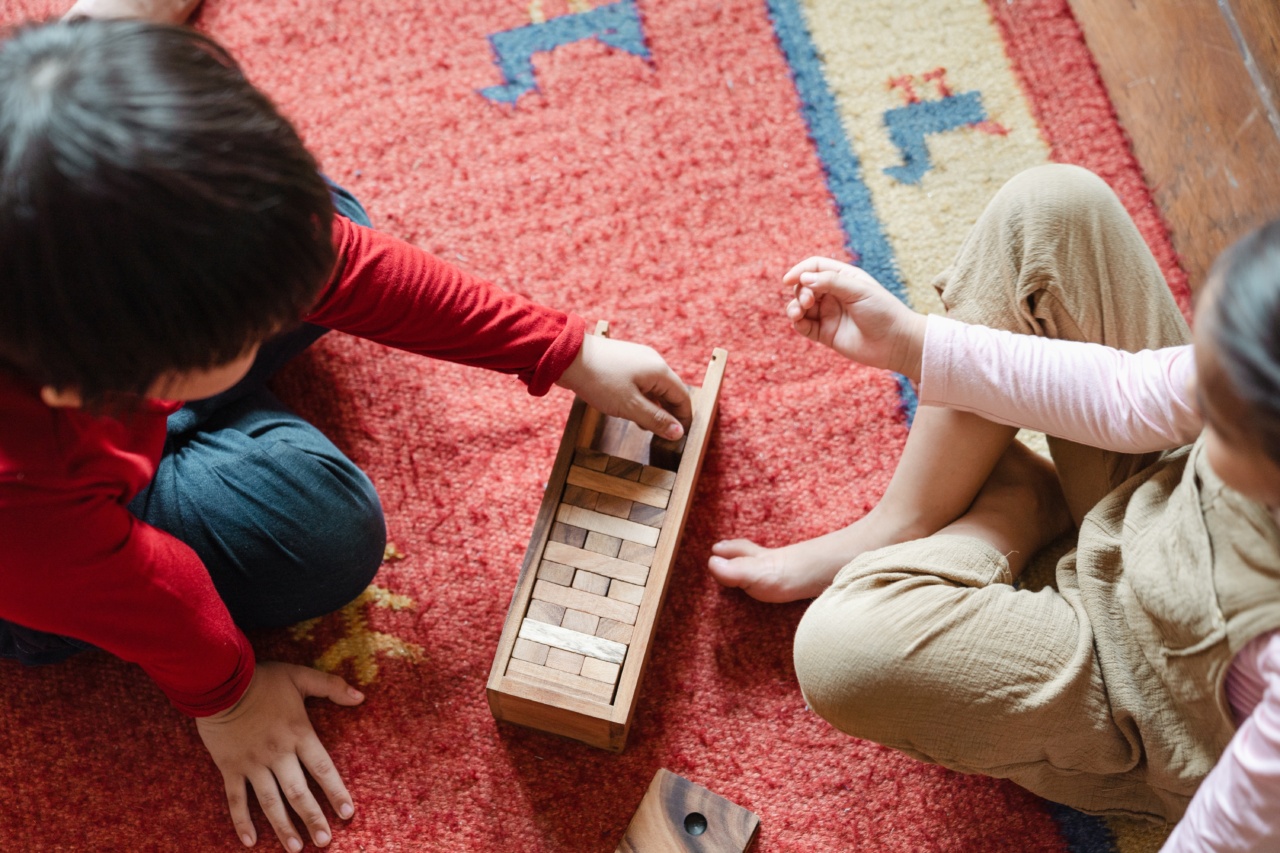Kindergarten education plays a crucial role in laying the foundation for a child’s future academic success and overall development.
It is a formative stage that provides young children with essential skills, knowledge, and attitudes that are necessary for their continued learning journey. In this article, we will explore the significance of kindergarten education and its impact on children’s social, emotional, cognitive, and physical development.
The Importance of Early Childhood Education
Early childhood education, including kindergarten, is widely recognized as a critical period in a child’s development.
During the first five years of life, the brain undergoes rapid growth and development, forming the basis for future learning and behavior. Research has shown that high-quality early childhood education programs can have long-lasting positive effects on children’s educational outcomes and even their adult lives.
Academic Preparedness
Kindergarten education plays a fundamental role in preparing children for their academic journey. It provides them with a strong foundation in language, literacy, numeracy, and other cognitive skills.
In kindergarten, children acquire pre-reading and pre-writing skills, learn basic math concepts, and develop problem-solving abilities. These foundational skills serve as building blocks for future academic success, enabling children to grasp more complex concepts as they progress through their education.
Social and Emotional Development
Kindergarten education also plays a pivotal role in fostering children’s social and emotional development.
In a kindergarten setting, children have the opportunity to interact with their peers, develop friendships, and learn how to navigate various social situations. They learn essential social skills such as sharing, taking turns, listening, and collaborating with others. Kindergarten teachers create a supportive and inclusive environment where children learn emotional regulation, empathy, and resilience.
Physical Development and Well-being
Physical development is another important aspect of kindergarten education. Children engage in various activities that promote their gross and fine motor skills.
They participate in physical education classes, outdoor play, and structured activities that enhance their coordination, balance, and overall physical fitness. Additionally, kindergarten programs often address important health and well-being topics such as nutrition, hygiene, and safety, laying the groundwork for a healthy lifestyle.
Creativity and Imagination
Kindergarten education encourages and nurtures children’s creativity and imagination. Through art, music, drama, and play-based activities, children can freely express themselves, explore their interests, and develop their unique talents.
The focus on creativity helps stimulate critical thinking, problem-solving, and innovation skills, which are essential for success in the 21st-century workforce.
Early Intervention and Support
Kindergarten education provides an opportunity for early intervention and support for children with diverse needs.
Dedicated and trained kindergarten teachers can identify and address any developmental delays, learning disabilities, or behavioral issues early on. Early intervention can significantly improve outcomes for children, helping them overcome challenges and reach their full potential.
Kindergarten also facilitates the collaboration between teachers, parents, and other professionals to provide comprehensive support to children.
Developing Lifelong Learners
Kindergarten education aims to develop a love for learning and curiosity in young children.
By fostering a positive and engaging learning environment, kindergarten teachers help children develop a growth mindset, a desire to explore and experiment, and a natural curiosity about the world. These qualities lay the foundation for lifelong learning, encouraging children to become active, self-directed learners throughout their academic journey and beyond.
Transition to Primary Education
Kindergarten education serves as a crucial transition phase from preschool to primary school. It helps children adapt to a more structured and formal learning environment, gradually preparing them for higher grades.
Kindergarten equips children with the necessary skills, knowledge, and confidence to make a smooth transition into primary education, ensuring a strong start to their elementary school years.
Parental Involvement and Engagement
Kindergarten education recognizes the importance of parental involvement and engagement in a child’s learning journey.
It provides opportunities for parents to actively participate in their child’s education, attend parent-teacher meetings, and collaborate with teachers to support their child’s development. By involving parents, kindergarten education creates a strong partnership between home and school, enhancing the overall learning experience for the child.
Evidence-Based Practices in Kindergarten Education
High-quality kindergarten education is guided by evidence-based practices that have been proven effective in promoting children’s learning and development.
These practices include age-appropriate curriculum, play-based learning, individualized instruction, ongoing assessment, and supportive classroom environments. Kindergarten teachers continuously engage in professional development to stay abreast of the latest research and best practices in early childhood education.
Conclusion
Kindergarten education lays the groundwork for a child’s future educational success and holistic development. It provides children with essential skills, knowledge, and attitudes necessary for their continued learning journey.
By focusing on academic preparedness, social and emotional well-being, physical development, creativity, and fostering a love for learning, kindergarten education sets the stage for lifelong learning and personal growth. It is an investment in the future of our children and society as a whole.






























